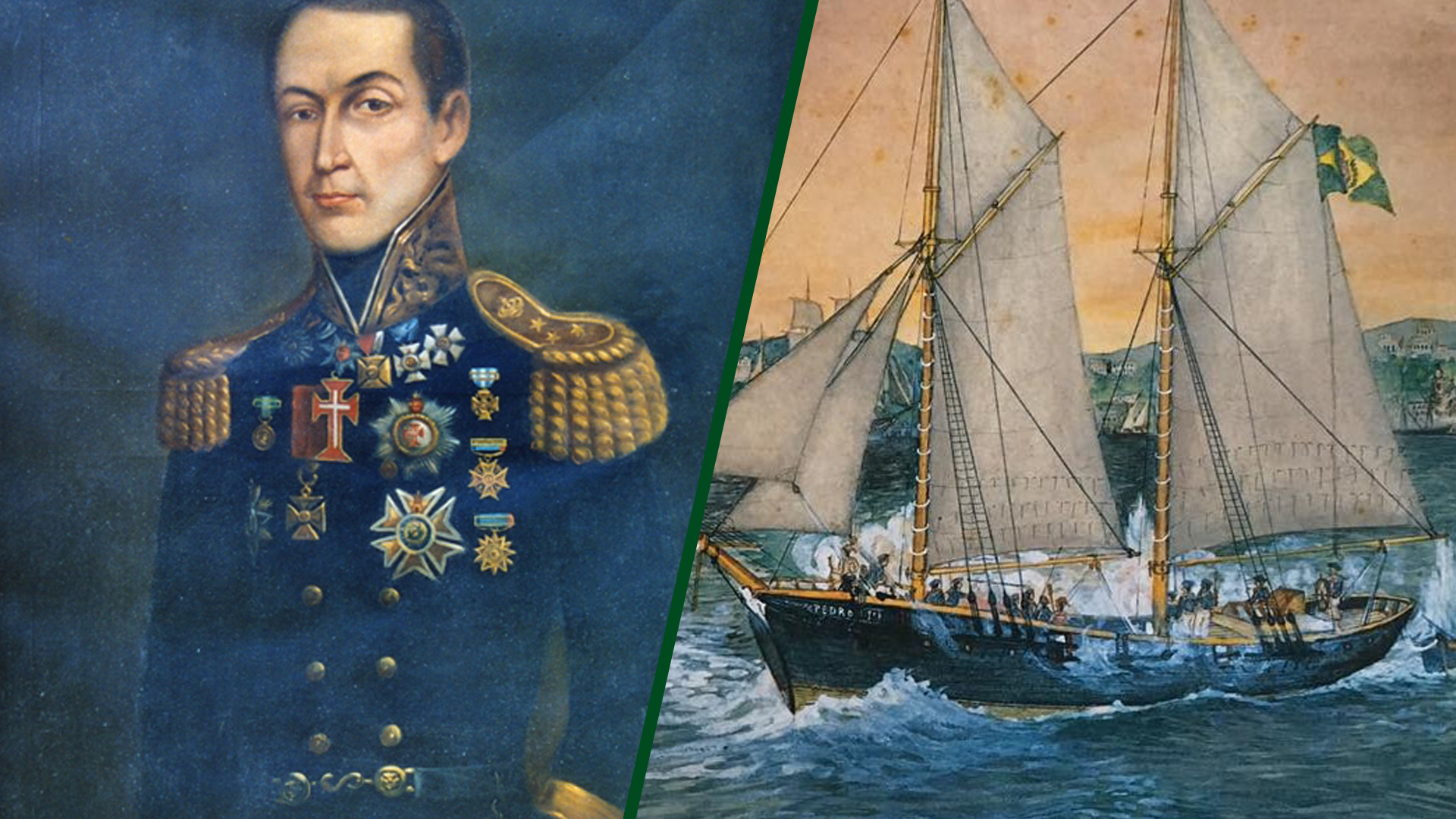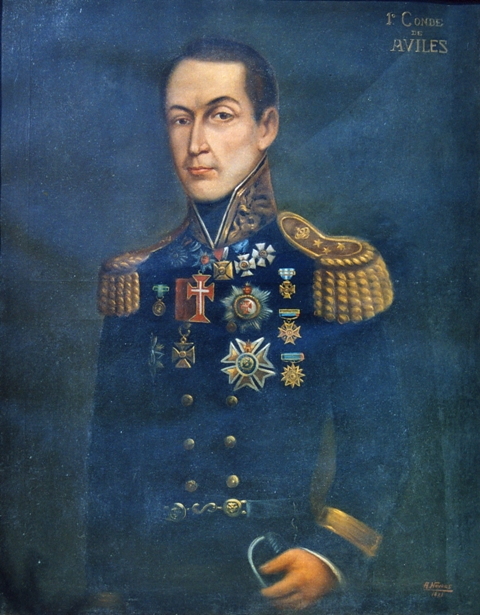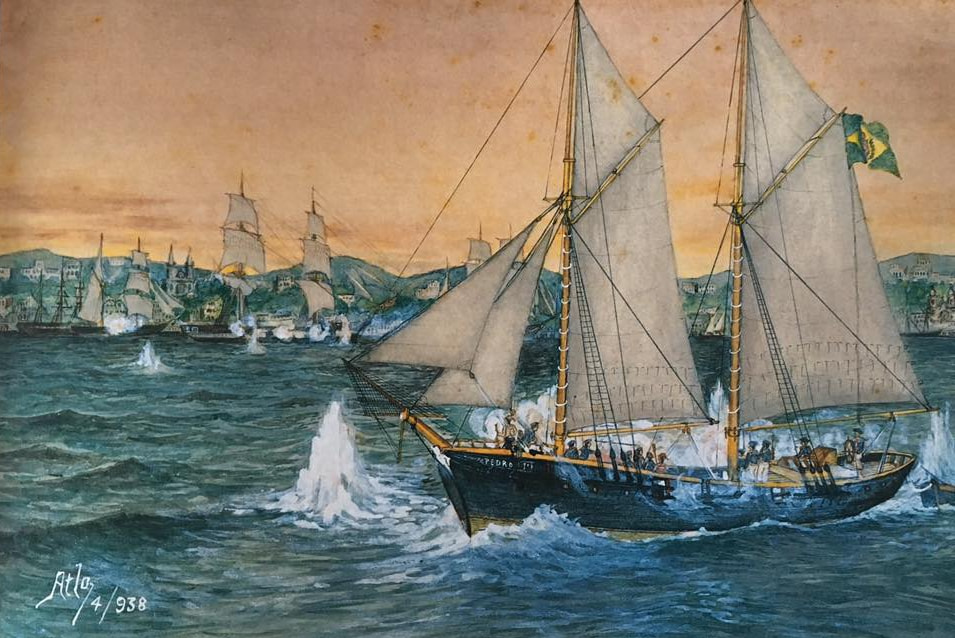The news of Brazil’s independence from Portugal was not celebrated in all provinces. After the proclamation, Emperor Dom Pedro I had a difficult time quelling the various revolts that occurred during the independence process. At the moment when he declared Brazil’s independence, the governments and troops of some provinces were led to express their unwavering loyalty to King Dom João VI.

In Bahia, a violent conflict unfolded between September 7, 1822, and July 2, 1823. In the Grão Pará region, resistance against imperial rule resulted in approximately 1,300 deaths. The siege of Montevideo lasted from January 20, 1823, until March 8, 1824, when the Portuguese surrendered to Brazilian forces.
The war for Brazil’s independence actually began in 1821 with General Avilez’s mutiny in Rio de Janeiro against the petition for Dom Pedro to stay in Brazil and the expulsion of Portuguese troops from Pernambuco. It extended until 1824 and was formally concluded in 1825 with the signing of the Treaty of Friendship and Alliance between Brazil and Portugal.

Among the main conflicts of this war, we have the Battle of Pirajá, considered by several authors as the most important conflict of the War of Independence, fought in the areas of Cabrito, Camoinas, and Pirajá. The battle began on 11/08/1822 and ended with the victory of the pacifying army, our army, on 07/02/1823. Among other battles, no less important, we have the Battle of Genipapo, Battle of Itaparica, and Battle of Cinco de Maio.
Starting in 1824, Dom João VI expressed his intention to “put an end to the evils and dissensions that have occurred in Brazil.”

Dom João VI became convinced that Portugal no longer had the means to reconquer Brazil through military force. By 1823, the war in Bahia had ended in favor of the Brazilians with the support of British and French mercenaries. The King wanted to put an end to the war that had caused so much harm to both the Portuguese and the Brazilians, to “restore peace, friendship, and good harmony among brotherly peoples,” and furthermore, “to seek the general prosperity and secure the political existence for the future destinies of the Kingdoms of Portugal and the Algarves, as well as those of Brazil.”
Reference: CALMON, Pedro. O rei do Brasil : vida de D. João VI. Brazil: Nacional, 1943.

Matheus Araújo
Matheus Araújo is the founder and editor of Brazilian History. Born in Rio de Janeiro and holding a degree in Advertising and Marketing, his passion for history led him to enroll at the Federal University of the State of Rio de Janeiro, where he is currently pursuing a degree in History Education.
